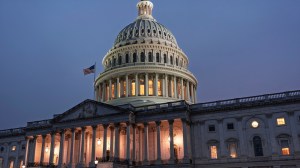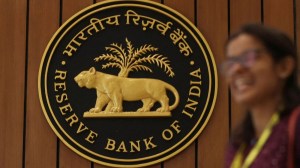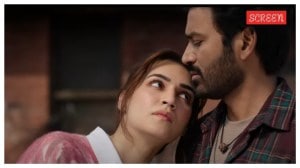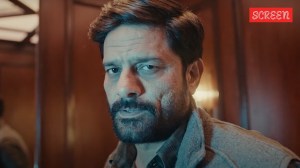The children of war
A five-year-old lights his father's pyre. His father, he makes out by the talk around him, died for the nation. A medal, a citation, inst...

A five-year-old lights his father’s pyre. His father, he makes out by the talk around him, died for the nation. A medal, a citation, instead of a father for the coming days. A year-old child wouldn’t know death from absence, so all the talk about war and enemy would mean nothing to him.Who are these children? Why have they had to pay a price, higher than any of us, for the country? And how shall we explain their loss to them?
Almost every time the nation mourns the loss of a soldier, a child mourns a greater, more personal loss. For if the nation lost a brave soldier, a child lost a part of his life and future. How many of us are able to reconcile ourselves to the mortality of a parent? How often did we look up to that one point in our lives that stood still and strong, while the world around us changed? As a 24-year-old, if I still have problems relating to an absence, a vacuum, I wonder how a four year old would cope with such pain, especially when death came in the garb of guns and glory?
But thedilemma that one comes back to is always the same. They lost something for us, and what have we lost? Their fathers fought for our values and died. There is nothing more that they could have done. Perhaps it is the turn of the `proud’ nation to give now. Not just in terms of compensations and quotas, but in terms of compassion and warmth. To accept the fact that these children belong as much to me and you as to their own people. Perhaps it is time to take cognizance of our responsibilities.
What we owe most to them is an unbiased view of the world. We will have to convince them that it is a livable place. And yet teach them that war is evil. To explain paradoxes. To tell them never to believe in generalisations, to trust the basic good in each one of us. To teach them love and peace.
Roger Rosenblatt travelled to some of the nations which have been or are still being ravaged by war — Israel, Lebanon, Vietnam and Cambodia. Later, in his work Children of War he wrote that while talking to children who hadlost a parent, a sibling or a loved one to war, what he found most amazing was that more than vengeance or anger, it was the will to live that they cherished the most. Besides, there were initial periods of withdrawal and silence, a difficulty in effectively communicating with the world. And a general confusion about right and wrong, about good and bad.
But at the same time he came across many young children who thought of revenge as an option. He came across adults who were slowly helping the kids to accept their loss. Most of the kids found a vent in art art. While a few chose to sketch their anguish, a few penned poetry. His work is important because it provides two vital answers. First, that wars will be fought as long as the human race exists. Second, that despite our reasoning that `all wars are fought for the benefit of future generations’, these children are its greatest losers.
It is one great cycle in which it is easy to get caught. For revenge is the urge, and then counter-revenge, ensuringthat the institution of war continues to flourish. We have a moral justification to war because we were not the aggressors. Our cross is that we have acted in defence. But at the same time we are a mature nation which must understand that it is nevertheless at war. And even the winning side has its dead. Fight we must, for our rights cannot be violation. But we have kids waiting back at home.
Waiting for a father. So we must strive hard for peace, too. And remind ourselves that as a family we have grown, are rapidly growing, every day. They are not merely the children of war. They are also the children of this nation, which stands proud, because they gave. And after the smoke clears, I hope we can give them a few reasons, and a hand to hold.



- 01
- 02
- 03
- 04
- 05




























